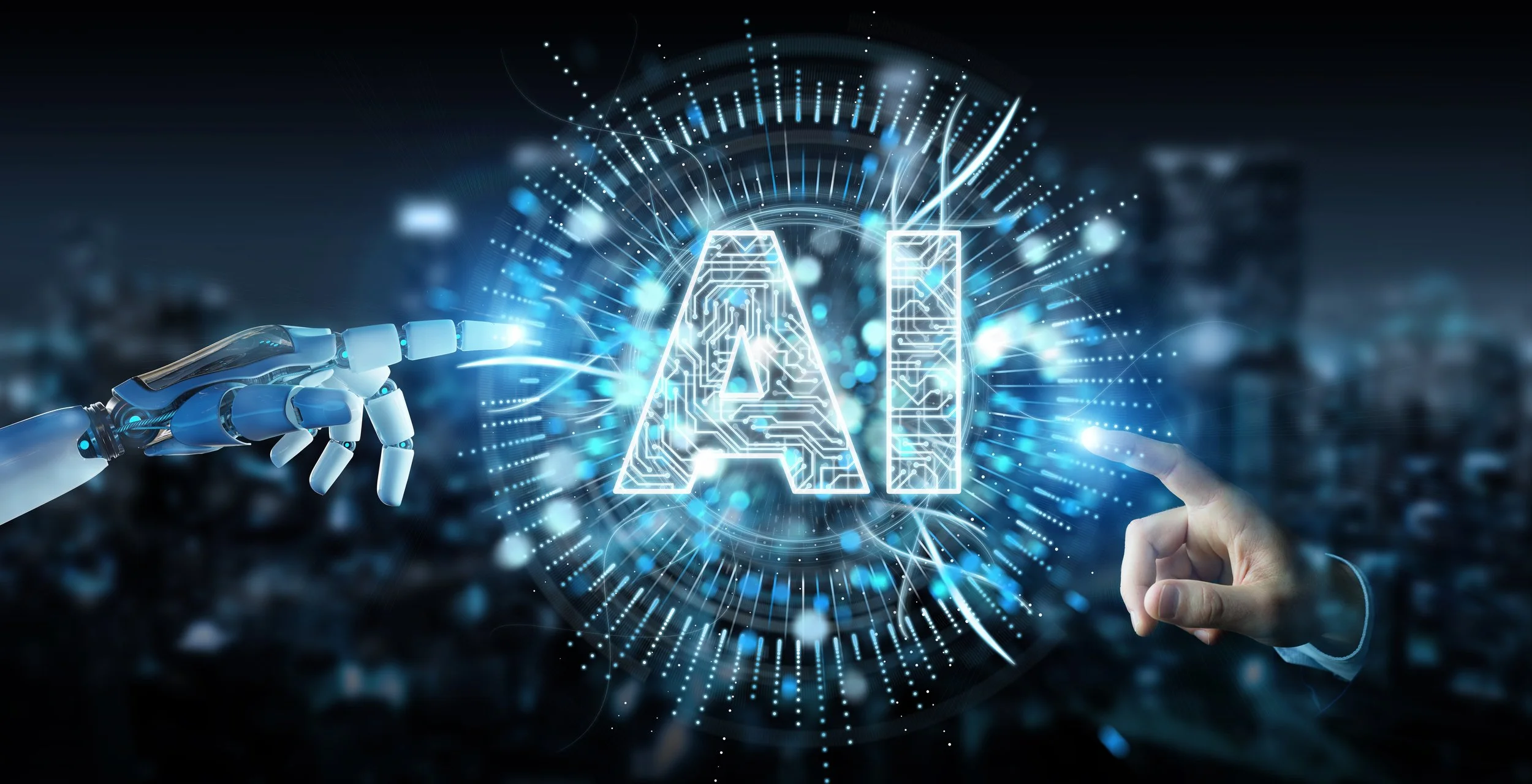Who’s the Tool?
Everyone is talking about ChatGPT and how it's going to change the world and maybe even break capitalism. Being from Missouri, I have to say I'm a skeptic. Lots of new tools come along and we think it's the best thing since sliced bread or Betty White, depending on your opinion. I like to take my time getting to learn about new tools and products to see what they do and if they actually are going to make things easier or better. This does not make me a Luddite -- it just makes me a person who's had some experience in life.
Many times people think that if you're not an early adopter of new things that you don't want to change. But I think that is unfair because it is not the case for us humans. Human life is about change. Every day is different, and we never know what's going to happen – good or bad. Our bodies change constantly (in fact, due to cell death, we have a new body every 7 years). The world around us changes sometimes by the minute, and the way we think can change. This is called evolution but evolution happens slowly overtime. The process of evolution is helpful because if something doesn't need to change it doesn't. But we humans like to force the issue with new technologies and new tools; while it may be driven by the best of intentions, we need to consider the long-term impact of these changes.
I'm not the sort who thinks every new technology is going to be bad; I just don't think it's necessarily going to be helpful. I actually love technology and I’m always intrigued by it. But I also know that new is not always better; new is just different.
The problem with artificial intelligence and tools like ChatGPT is I don't necessarily see these things making us better people. And yes, dear reader, you're going to say, “well many new tools and products don't make us better people.” But there is a very vocal group of humans insisting artificial intelligence is going to change the world and pushing for it NOW before we know its true impact.
If we are going to change the world using a piece of technology, we had better make sure that it actually does make things better and not worse.
ChatGPT actually has the potential to make us lazier people who don't use our brains and don't think for ourselves. That is always a recipe for disaster for humans and it has led to some of the worst atrocities on this planet. I’ve spoken with some of my colleagues and friends who find ChatGPT very useful for initial research purposes. That sounds great, and if ChatGPT is a great research tool then that is what we should use it for.
ChatGPT and other tools driven by artificial intelligence will never replace human interaction or a real human conversation; people who think it will are just not thinking.
We often talk about community and connection and building relationships yet so far in the 21st century we seem to only find ways to keep everyone apart and to divide humanity. What people seem to be overlooking, at least it seems to me, is that chatbots are only repeating what they've been told. They follow scripts and “if then” statements: if the customer types this, then post this link. The goal is to keep customers from talking to a person by providing them links to information.
But let’s consider this: The more barriers we put up to actually interacting with each other the more frustration and negative tension will be created in the world, and thus, the world will become a worse place.
I recently had an experience with an AI tool that was built into the zoom program. I read the description of it and it seemed pretty benign so I tried it. It was supposed to be an app that helped you take notes during meetings, but what ended up happening is that the AI program took over my zoom account. It would not allow me to control the recording. In fact the record menu disappeared from my zoom menu when I turned on the AI. The tool began controlling me and that's not the way this is supposed to work.
Whenever we abdicate our responsibility to a tool or another person, it diminishes us as human beings.
So, who's the tool in this situation? That's an important question we need to answer before the decade ends.


